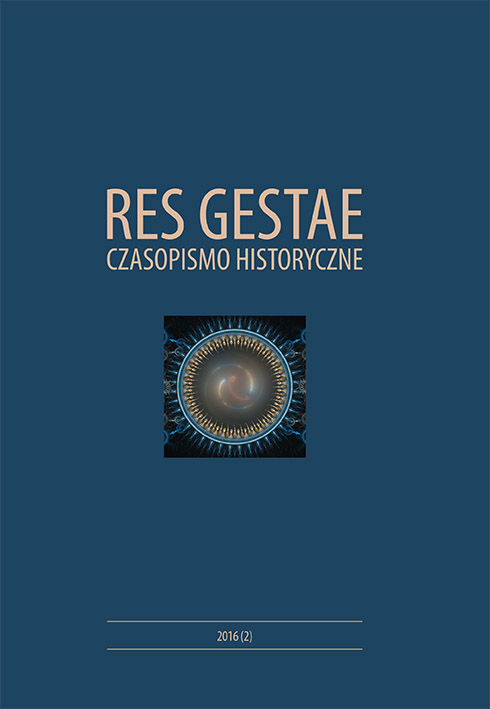Polityczna integracja w mieście wieloetnicznym: podstawy prawne i ich wpływ na sytuację Żydów we Lwowie po roku 1870
Main Article Content
Abstrakt
According to the literary sources, Lvov was an ideal place, compared to Arcadia, which had a wide range of the Galician cultural diversity. The aim of this article is to prove that this is not true. The opinion was formed on the basis of the evaluation of the political government ruling the Galician capital since the Revolutions of 1848 up to the World War I. Most of the decisions which were made - especially those concerning the legal basis dened functions of the town institutions and the elections - were polycentric and discriminated against the ethnical minorities living in the town.
During the time of autonomy in Lvov, most of the citizens were deprived of the right to participate in the town’s politics. These limitations resulted from the electoral system and the town’s statue of 1870. Hence, the idea of equality of people, political and social integration of all social groups creating one town was abstract and far dierent from the literary and poetical picture of the Galician capital.
During the time of autonomy in Lvov, most of the citizens were deprived of the right to participate in the town’s politics. These limitations resulted from the electoral system and the town’s statue of 1870. Hence, the idea of equality of people, political and social integration of all social groups creating one town was abstract and far dierent from the literary and poetical picture of the Galician capital.
Article Details
Jak cytować
Hein-Kircher, H. (2016). Polityczna integracja w mieście wieloetnicznym: podstawy prawne i ich wpływ na sytuację Żydów we Lwowie po roku 1870. Res Gestae. Czasopismo Historyczne, 2, 29–42. Pobrano z https://resgestae.uken.krakow.pl/article/view/3236
Numer
Dział
Artykuły
|

